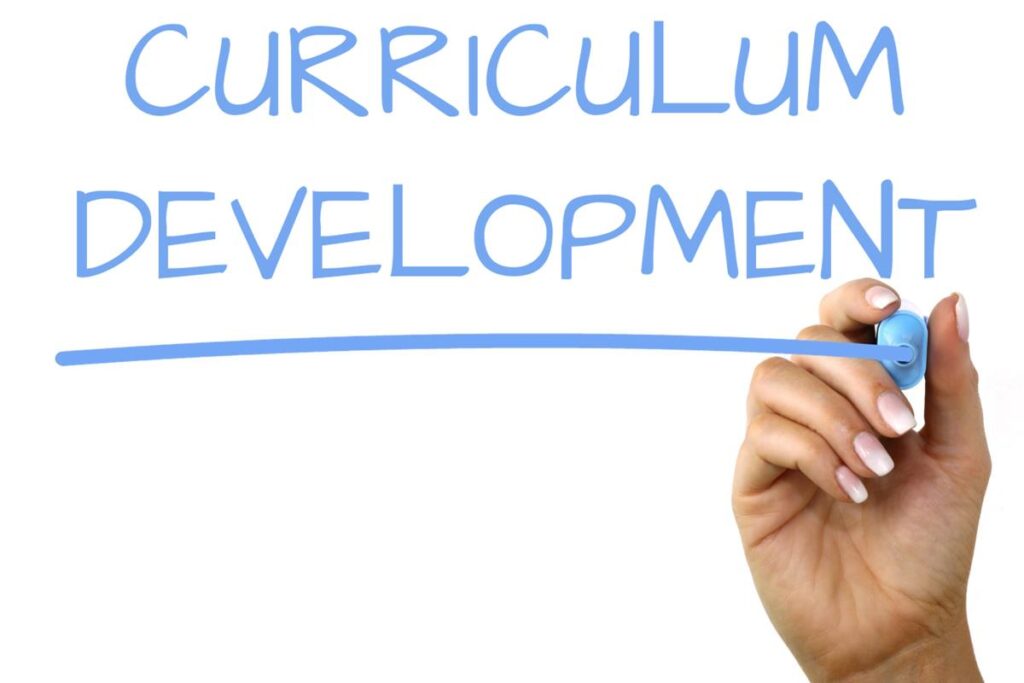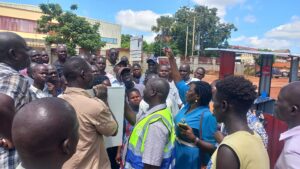
Job hunting in Uganda has become a cause for concern, contributing to a worrisome 41% unemployment rate according to the 2022 data from the Uganda Bureau of Standards (UBOS). This pressing issue can be attributed to the prevailing teacher-centered learning environment that fails to address the complex challenges of society.
However, a beacon of hope has emerged in the form of the National Curriculum Development Center (NCDC) which has embarked on a transformative journey to revitalize the education system and foster a culture of engagement and professional growth. By shifting the focus towards student-centered learning, the NCDC seeks to equip students with skills, nurture future aspirations, and cultivate talent development.
This strategic overhaul aims not only to enrich the academic landscape but also aligns with Uganda’s Vision 2040, a comprehensive agenda aimed at propelling socio-economic development. Playing a pivotal role in this endeavor is the National Water and Sewerage Corporation’s (NWSC) Kampala Water (KW) region, which has ingeniously repurposed its facilities into vibrant learning hubs. Among them, the Nakivubo and Lubigi Sewage Treatment plants stand out, serving as exemplars for environmental conservation, hygiene promotion, and immersive educational workshops.
An enlightening case in point comes from the recent visit of students from Abdul Waneed High School. These students, spanning grades S.1 to S.4, were guided through the intricacies of waste water treatment and environmental preservation, bridging the gap between theory and practice. This hands-on experience not only imparts knowledge but also nurtures problem-solving skills and encourages active learning.
Elizabeth Kamaliza, the perceptive Quality Control Officer at Lubigi, has been at the forefront of this transformative education movement. She shared that the plant’s role extends beyond its operational purpose, it acts as an academic mentor, fostering aspiration and unlocking the latent potential of learners. Kamaliza emphasized that these experiential learning journeys forge intimate connections between students and their environment, equipping them with invaluable skills and instilling new habits.
In conversations with the students themselves, a paradigm shift in their perception of education becomes evident. Gone are the days of passive note-taking; the new curriculum empowers them to directly engage with content and information. This paradigm shift has opened the floodgates of creativity and innovation, with KW standing as a catalyst in their newfound understanding of waste management, environmental stewardship, and sustainable practices.
KW’s commitment goes beyond conventional education. By nurturing a competency-based approach, they not only teach about their services but also impart a holistic understanding of responsible citizenship and sustainable practices. This holistic education, seamlessly integrated with practical experiences, is shaping the future leaders of Uganda, armed with both knowledge and a profound sense of responsibility.
Considering all, KW’s transformation of the curriculum is foreshadowing a new era in Ugandan education. By embracing student-centered learning and facilitating immersive experiences, they are bridging the gap between academia and the real world. The result is a generation empowered with skills, knowledge, and a deep-rooted commitment to societal and environmental well-being.


